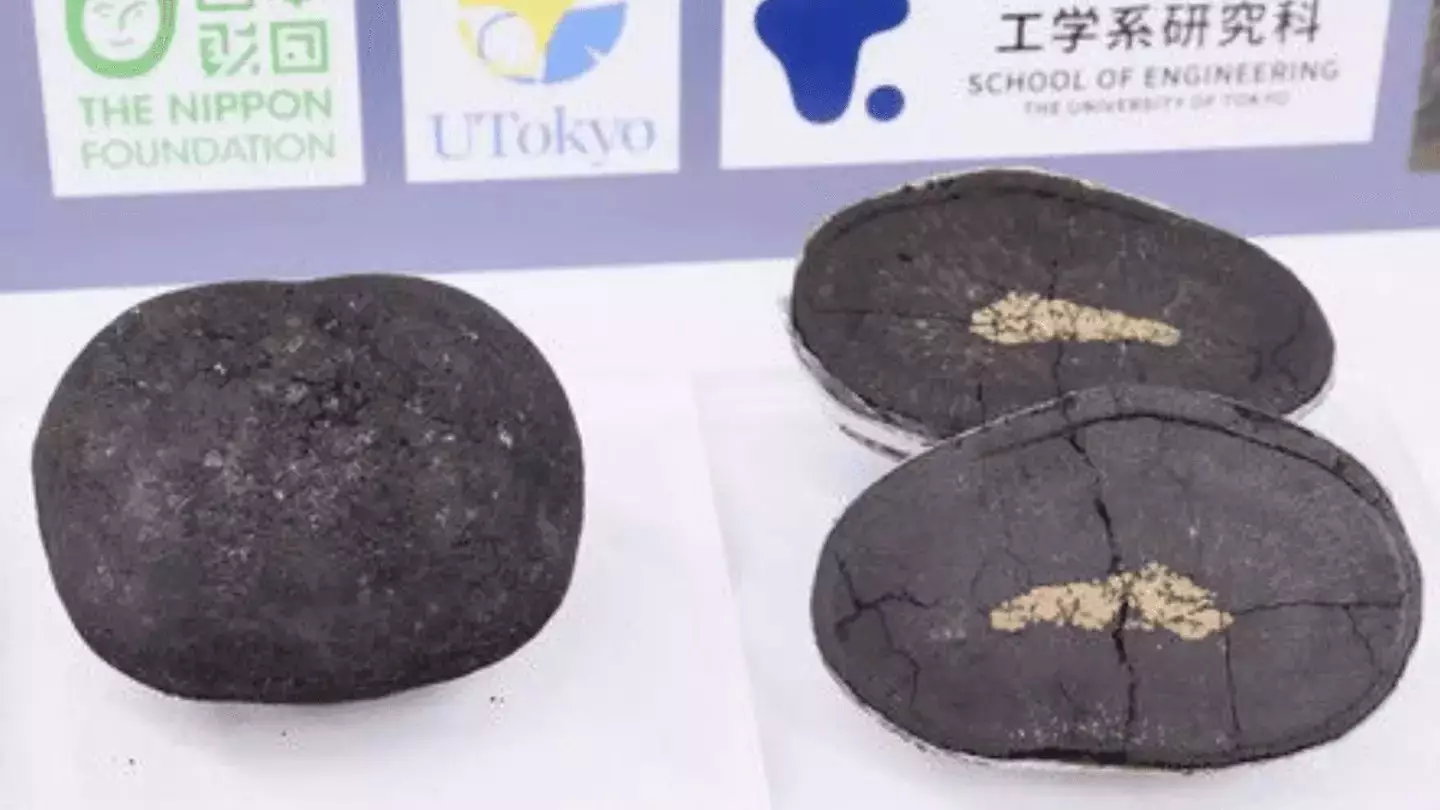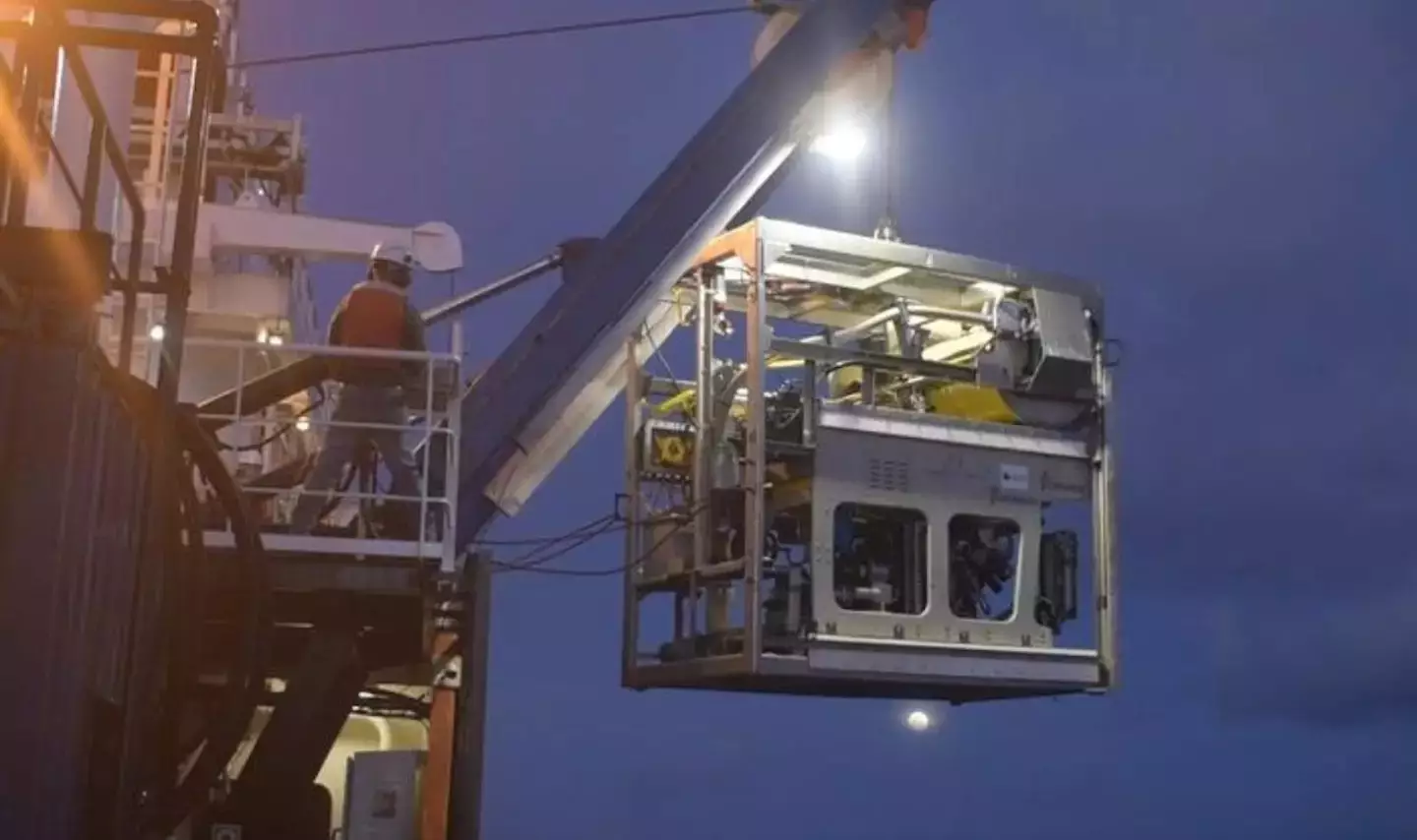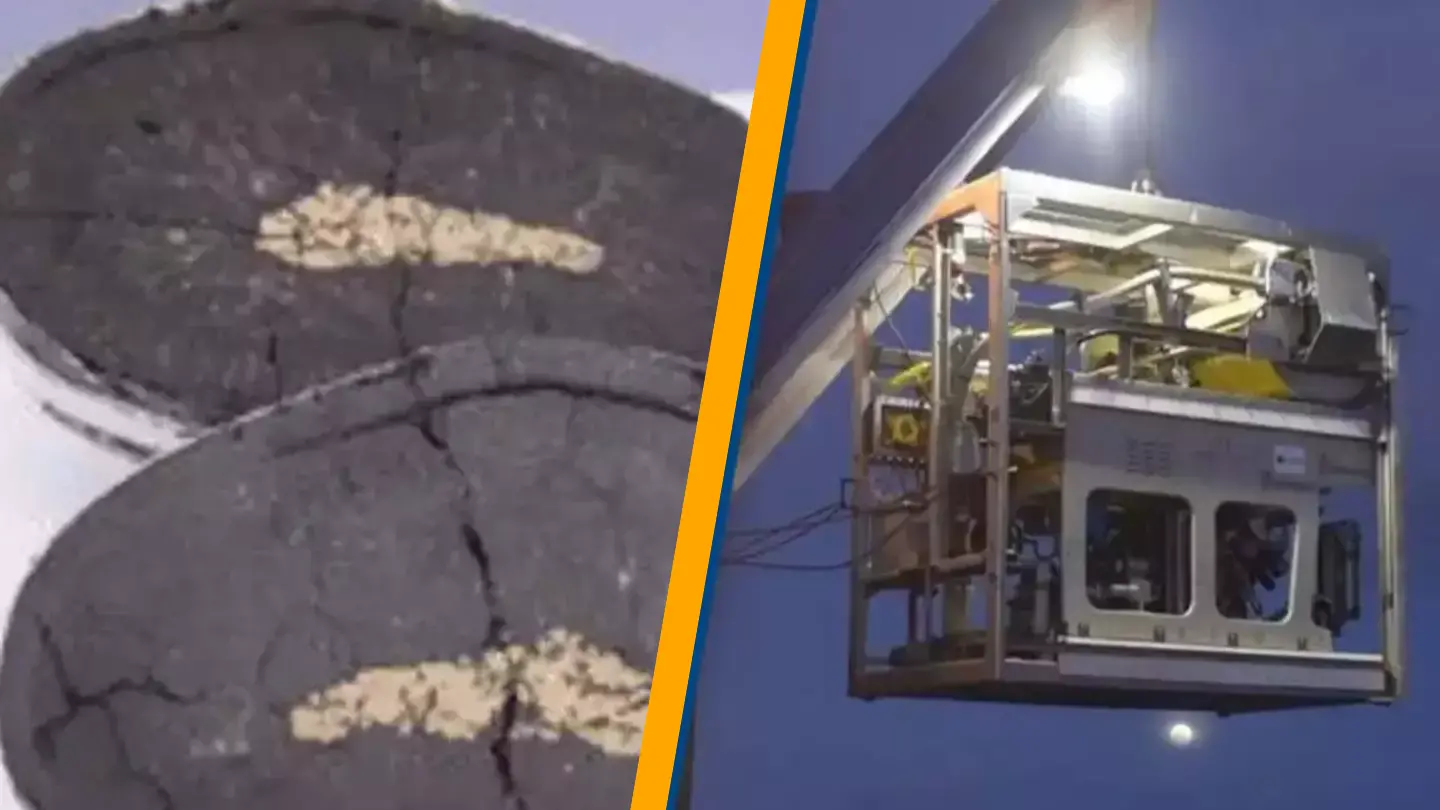Japan seems to have struck gold with the discovery of 230 million tons of rare minerals, which could potentially bring in substantial revenue in the future.
Earlier this year, a survey conducted by The Nippon Foundation in partnership with the University of Tokyo revealed that the seabed near Minami-Tori-shima island contains approximately 610,000 metric tons of cobalt and 740,000 metric tons of nickel.
Why do these findings matter?
These materials are essential components used in the production of electric vehicle (EV) batteries.
This discovery equates to 11 years of Japan’s domestic consumption, indicating a significant financial windfall for the country in the years to come.
According to Nikkei Asia, the 230 million tons of rare minerals were identified between April and June.

A team of specialists examined 100 seabed locations using remotely operated underwater vehicles, which enabled them to study the ocean depths.
These experts guided the advanced machines to depths of 5,200 to 5,700 meters, eventually confirming the presence of a field of dense manganese nodules on the seabed located about 1,200 miles from Tokyo.
The publication mentioned that the manganese nodules, which include cobalt and nickel, are believed to have developed over millions of years as metals in the ocean adhered to fish bones and settled on the seabed.
In addition, these deposits are believed to contain copper, another precious metal.
Interestingly, these manganese nodules were first discovered during a 2016 survey, with experts suggesting that many had formed around the teeth of the Megalodon.
The Megalodon, a prehistoric shark, is estimated to have lived between 23 to 3.6 million years ago and is regarded as the largest shark in history.
Following the latest survey, Yasuhiro Kato, a professor specializing in resource geology at the University of Tokyo, mentioned that they plan to extract ‘three million tons annually’ from the deposits.

He noted that this method would allow for continued development while ‘minimizing the impact on the marine environment.’
The team intends to use international mining vessels to extract several thousand tons of nodules daily starting in 2025. Furthermore, they aim to establish a commercialization framework in collaboration with the private sector.
This mineral discovery is considered a ‘jackpot’ for Japan’s EV industry.
Utilizing the cobalt and nickel from the ocean would enable Japan to reduce its reliance on other nations and meet its domestic demand for EV batteries, as explained by Interesting Engineering.
“Ultimately, we expect that our research outcomes will help boost Japan’s growth by establishing a domestic supply chain stretching from ‘resource-mining’ to ‘manufacturing’, and make Japan a science-technology, and ocean-oriented nation in a true sense of word,” stated a press release from the University of Tokyo.

